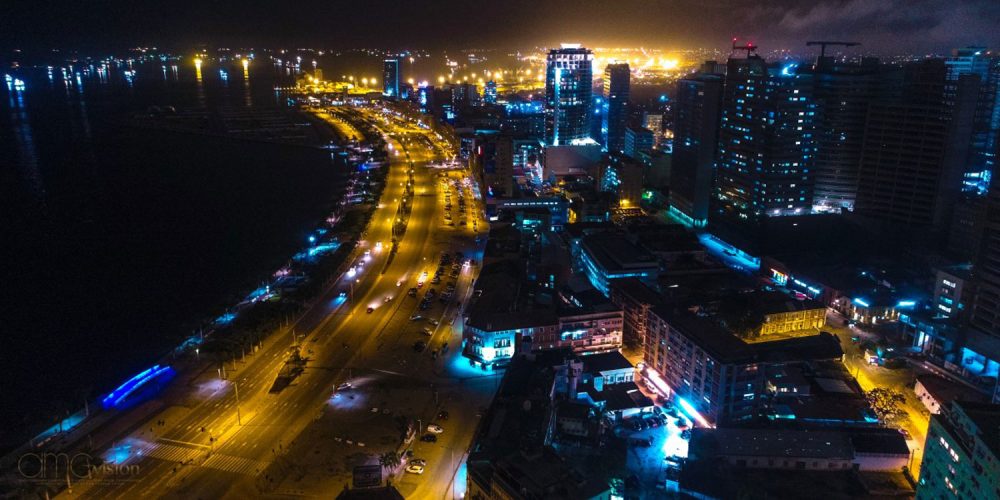
Luanda is the capital and largest city of Angola. It is Angola’s main port and main industrial, cultural and urban center. Luanda has a population of more than 8.3 million in 2020 (a third of Angola’s population).
The origin of Luanda
Luanda is one of the oldest colonial cities in Africa. It was founded in January 1576 as São Paulo da Assunção de Loanda by the Portuguese explorer Paulo Dias de Novais. The city was the center of the slave trade to Brazil before prohibition. At the start of the Angolan Civil War in 1975, most white Portuguese left as refugees, mainly to Portugal. Luanda’s population increased sharply due to refugees fleeing the war, but the infrastructure was inadequate to handle the increase. This also caused the aggravation of slums, or musseques, around Luanda. The city is undergoing a major reconstruction, with many major developments taking place that will significantly change the cityscape.
The industry of Luanda
Industries present include agricultural processing, beverage production, textiles, cement, new car assembly plants, building materials, plastics, metallurgy, cigarettes and shoes. It is also a notable oil economic center with refinery in the city. Luanda is considered one of the most expensive cities in the world for expats. The inhabitants of Luanda are mostly members of the Ambundu ethnic group, but recently there has been an increase in the number of Bakongo and Ovimbundu. There is a European population, consisting mainly of Portuguese. Luanda was the main host city for the 2010 African Cup of Nations matches.
Tourism
Tourism is a vital sector for the economic and social development of Angola. It contributes to the diversification of the national income, the creation of jobs, the preservation of the cultural and natural heritage, and the promotion of the country’s image abroad. Tourism also fosters regional integration and cooperation, as well as peace and stability in the continent. Angola has a rich and diverse tourism potential, with attractions ranging from historical and cultural sites, to natural landscapes and wildlife, to urban and coastal destinations. The government has been implementing policies and strategies to improve the quality and competitiveness of the tourism sector, as well as to attract more domestic and foreign visitors. Some of the main challenges faced by the sector include the lack of infrastructure, security, human resources, and marketing. However, with the support of international partners and the private sector, Angola is making progress in overcoming these obstacles and enhancing its tourism offer.


Leave a Reply